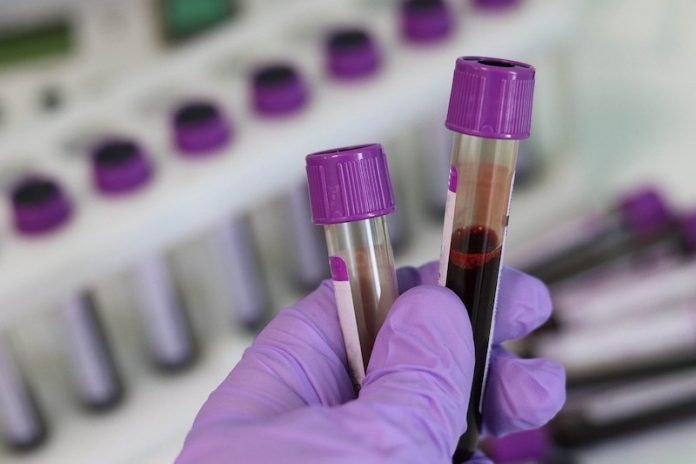
In a new study from Johns Hopkins Medicine, researchers found that so-called “remnant cholesterol” (RC) provides an accurate stand-alone metric—just as doctors currently use measures of low-density lipoprotein (LDL)—for predicting the risk of clogged arteries, heart attacks and strokes.
In fact, the researchers say, an RC measure may detect the potential for disease when LDL levels do not.
The finding is from an analysis of data gathered from more than 17,000 adults.
Remnant cholesterol represents the amount of cholesterol in remnant lipoproteins, a form of very-low-density lipoproteins (VLDL) from which sugary fatty acids—called triglycerides—have been removed.
Along with traditional measurements of blood LDL cholesterol (frequently called “bad cholesterol”) levels, the cholesterol within remnant lipoproteins has been studied as an additional means of assessing a person’s risk for developing cardiovascular disease and stroke.
Remnant cholesterol levels are basically calculated as the total cholesterol amount minus the LDL and high-density lipoprotein cholesterol (HDL, the so-called “good cholesterol”) counts.
In the study, the researchers suggest that for people with relatively low levels of LDL cholesterol, a measured RC level greater than 24 micrograms per deciliter (24 millionths of a gram in a little more than a quart) of blood have a 40–50% higher risk for major heart disease or stroke.
To better assess the purported link between remnant cholesterol and disease risk, the team pooled information on 17,532 adults, obtained from three U.S. research databases.
The data were from men and women between the ages of 30 and 68, who had no history of atherosclerotic cardiovascular disease (buildup of fatty plaque inside arteries) when they were originally studied.
The new study found that almost one of five individuals with levels of RC at or greater than 24 micrograms per deciliter experienced major heart disease or stroke within the following 18 years.
Interestingly, this proportion was similar to those who had relatively low LDL cholesterol.
After accounting for non-cholesterol-related heart disease risk factors, the researchers found a steady link between higher than normal RC and major heart disease.
Another important finding is that individuals with higher levels of RC also had more obesity and diabetes, and almost everyone had high triglyceride levels.
The team says the analysis suggests that LDL should remain an important assessment tool; however, clinicians also should look at remnant cholesterol because it indicates a significant amount of risk on its own.
If you care about heart health, please read studies about this popular vitamin supplement could hide heart attacks at high doses and findings of a new way to remove plaques that cause heart attacks.
For more information about heart disease, please see recent studies about the top 3 heart attack symptoms in both women and men and results showing that this diet could prevent diabetes and heart disease in older people.
The study is published in the European Heart Journal. One author of the study is Renato Quispe, M.D., M.H.S.
Copyright © 2021 Knowridge Science Report. All rights reserved.



